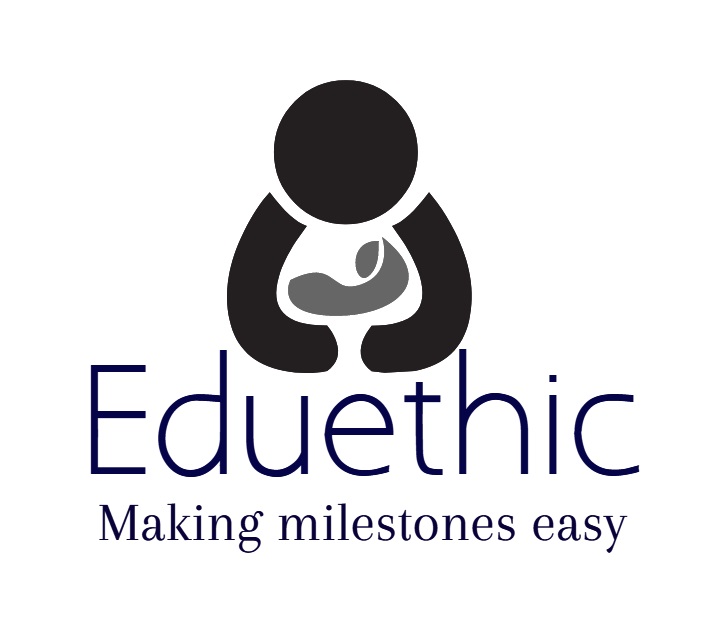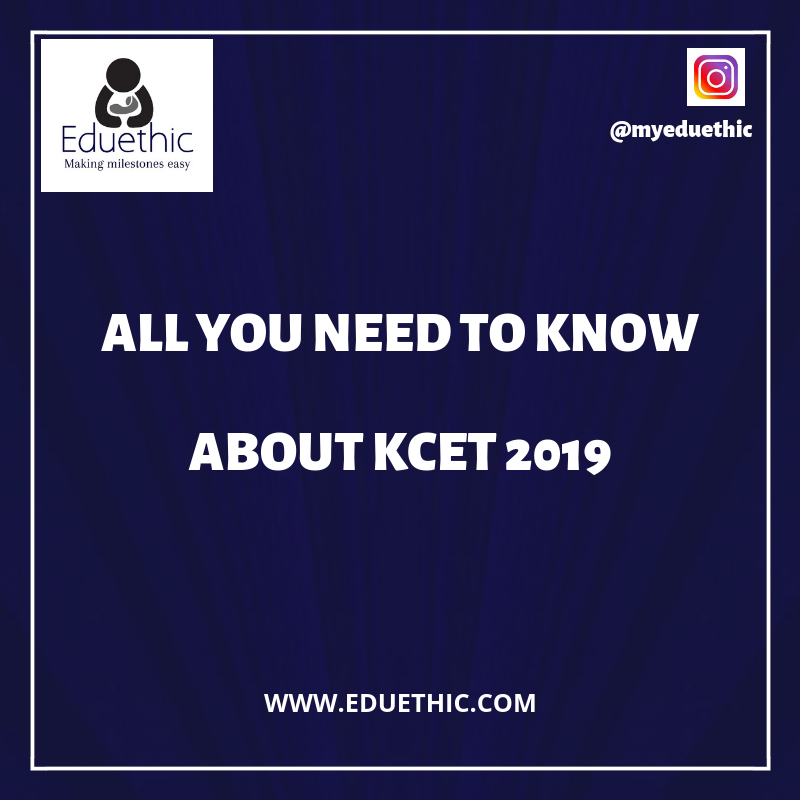B.Ed: Full form, Course, Admission, Entrance Exams, Syllabus
By: Eduethic
Introduction
Teaching has always been among the most sought-after careers for students. To become a teacher at pre-nursery nursery primary, secondary, and senior secondary levels at schools or even to become a professor at the college or university level, students must demonstrate the required qualifications.
Warning: Undefined array key "blogDesc" in /www/wwwroot/eduethic.com/blog_view.php on line 264
Deprecated: chop(): Passing null to parameter #1 ($string) of type string is deprecated in /www/wwwroot/eduethic.com/blog_view.php on line 264
Teaching has always been among the most sought-after careers for students. To become a teacher at pre-nursery nursery primary, secondary, and senior secondary levels at schools or even to become a professor at the college or university level, students must demonstrate the required qualifications.
B.Ed is the Bachelor's degree required to pursue teaching as a career in schools. It is important to be aware that it is a fact that B.Ed (also known as Bachelor of Education is not an undergraduate degree. To complete this degree, one needs to graduate from the university. Therefore, B.Ed can be considered a career-oriented degree and, after completion of this course, students will be able to obtain an entry-level job in the school system. However, it is mentioned that students who wish to become teachers in senior secondary schools require a postgraduate degree prior to pursuing B.Ed.
The B.Ed course typically lasts two years. Students can take the B.Ed through distance education or traditional way. B.Ed fees vary between colleges and are based on various parameters like the kind of institution (government or private) and the mode of instruction (regular or distance). The truth is, B.Ed fees in most colleges are between around Rs 20,000- Rs 1,00,000.
B.Ed Eligibility Criteria
Before submitting their application for the course, students must be aware of the eligibility requirements to be admitted into B.Ed. Below are a few of the most important eligibility requirements for the B.Ed course:
- Academic Qualification Candidates should complete their degree in any discipline (that is, Arts, Science, or Commerce) to meet B.Ed requirements for eligibility. However, most B. Ed schools allow applicants to participate in the admissions process for B.Ed courses only if they have finished their studies with at the minimum 50-55% scores in the UG degree.
- Age Bar Age Limit: There is no age limit for B.Ed admissions at the majority of colleges. However, admission procedures of certain B.Ed institutions require applicants to be at least 19 years old.
Required Skill Set for B.Ed
After completing the B.Ed course, applicants can be employed to be educators. Before beginning this course, it is important to determine if one can impact this area or not. So, those who want to take the B.Ed course should make sure they possess the following abilities:
|
Good communication skills |
Confidence |
|
Good organizational skills |
Critical thinking ability |
|
Enthusiasm |
Patience |
|
Empathy |
Quick Learner |
B.Ed Admission Process & Entrance Exams
B.Ed admission to many universities and colleges is based on the results of entrance examinations. The well-known B.Ed entrance tests format is that applicants must take questions in two or three sections. In the first, they test the ability to communicate, and the other sections examine applicants' domain knowledge and reasoning skills. A few of the most well-known B.Ed entrance tests that candidates should think about taking include:
|
RIE CEE |
CUCET |
|
TSEdCET |
APEdCET |
|
BEET Exam |
IGNOU B.Ed Entrance Test |
It is important to note that following the completion of B.Ed, students also need to take Teachers Eligibility Tests (TETs) in case they are hoping to be hired as teachers in schools run by the government like Kendriya Vidyalayas (KVs) and Sarvodaya Vidyalayas (SVs). Some of the most well-known TETs that are conducted in India include:
|
CTET (Central Teacher Eligibility Test) |
UPTET (Uttar Pradesh Teacher Eligibility Test) |
|
APTET (Andhra Pradesh Teacher Eligibility Test) |
TSTET (Telangana State Teacher Eligibility Test) |
|
OTET (Odisha Teacher Eligibility Test) |
KTET (Kerala Teacher Eligibility Test) |
B.Ed Syllabus
The curriculum of the B.Ed course is planned to prepare students for the various aspects they will face when they begin their careers. The teacher will have to manage classrooms with a multilingual nature with students from different socio-cultural, economic, and cultural backgrounds and varying levels of cognitive capabilities. Therefore, B.Ed students need to be aware of how learning happens and how that learning happens, create an environment that is conducive to learning, and offer a variety of opportunities to students to learn, observe, and reflect and ask questions. Therefore, the Bachelor of Education course curriculum must be structured so that students are required to learn about the below-listed topics:
|
Childhood and Growing Up |
Contemporary India and Education |
|
Learning and Teaching |
Language across the Curriculum |
|
Understanding Disciplines and Subjects |
Gender, School and Society |
|
Pedagogy of a School Subject |
Reading and Reflecting on Texts |
|
Drama and Art in Education |
Critical Understanding of ICT |
|
Knowledge and Curriculum |
Assessment for Learning |
|
Creating an Inclusive School |
Health, Yoga and Physical Education |
B.Ed Careers & Jobs
When they have completed their Bachelor in Education, candidates could become teachers at private schools' primary, secondary, and secondary levels. To be eligible for employment for government schools, applicants must take national or state-level teachers' tests for eligibility (TETs), including CTET, UPTET, APTET, and TSTET. A few of the opportunities for employment in the private and public sectors after completing B.Ed are shown below in the table.
|
Jobs in Private Sector after B.Ed |
Jobs in Government Sector after B.Ed |
|
Educational Counselor |
Primary School Teacher |
|
Teacher |
Language Teachers |
|
Content Writer |
PGT (Post Graduate Teacher) |
|
Online Tutor |
SA (School Assistant) |
|
Researcher |
Central Government Teacher |
It is worth noting that to be employed as Assistant Professor, Professor, or Prof at college or university level. Applicants must pass National Eligibility Tests (NETs) like UGC and CSIR NET. and the CSIRNET.




.jpg)



 @2025| eduethic.com All Rights Reserved
@2025| eduethic.com All Rights Reserved